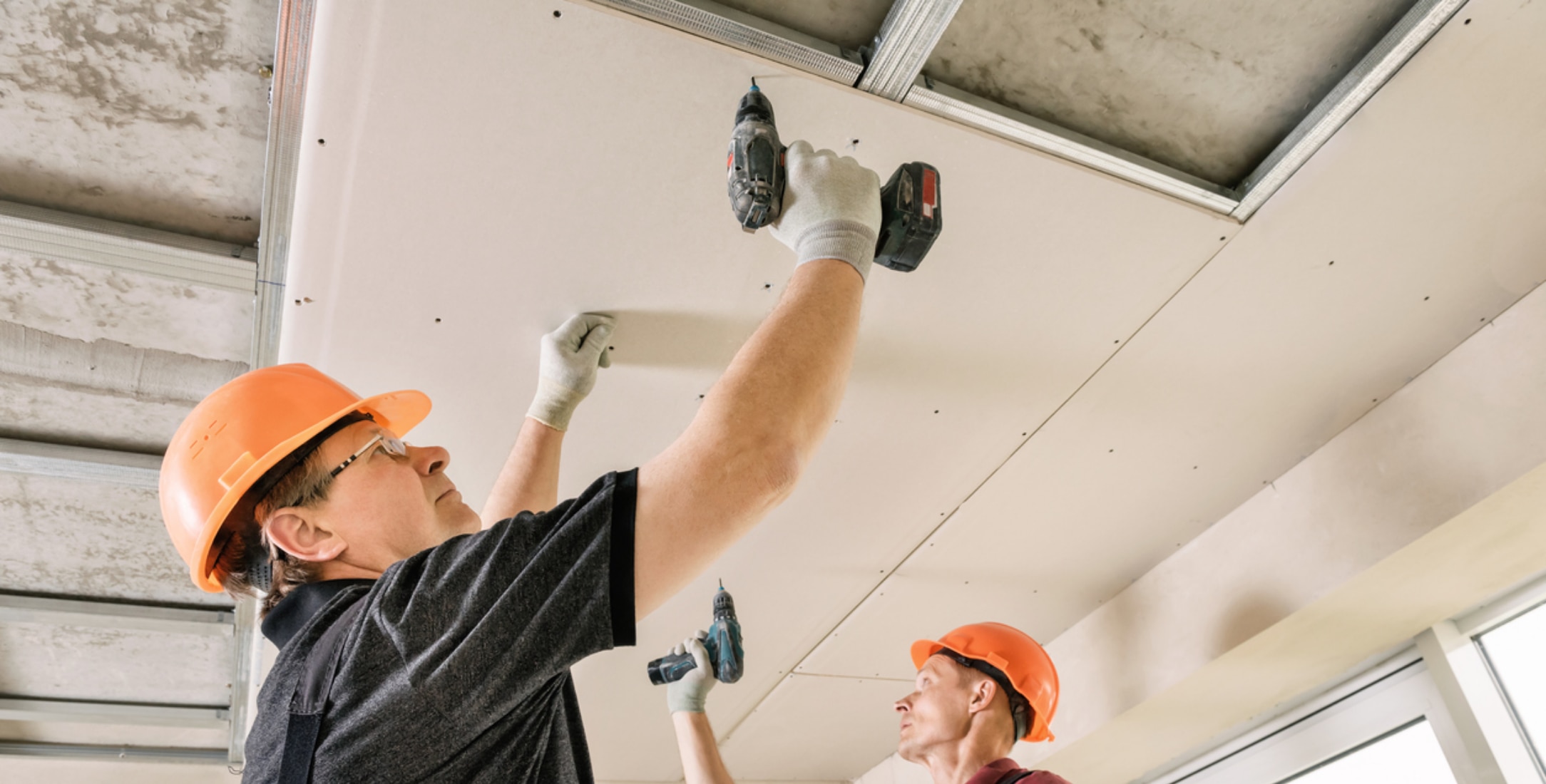Interior construction Services: A Comprehensive Guide
Interior construction services encompass a wide range of professional services dedicated to designing, building, renovating, and managing the interior spaces of buildings. Whether it’s a residential home, a commercial office, a retail store, or an industrial facility, interior construction plays a crucial role in creating functional, aesthetically pleasing, and safe environments. This comprehensive guide delves into the various aspects of interior construction services, providing valuable insights for homeowners, business owners, and anyone looking to transform their interior spaces.
Understanding the Scope of Interior Construction
Interior construction goes beyond simply erecting walls and installing fixtures. It involves a meticulous planning and execution process that considers various factors, including:
Space Planning and Design: This stage involves analyzing the existing space, understanding the client’s needs and preferences, and developing a functional and aesthetically pleasing layout. Architects and interior designers play a key role in this process, creating blueprints and 3D models to visualize the final outcome.

Types of Interior Construction Services
Interior construction services can be broadly categorized into several types, each catering to specific needs and project scopes:
Residential Interior Construction
Residential interior construction focuses on creating comfortable and functional living spaces. This can include:
Kitchen and Bathroom Renovations: These are among the most common residential interior construction projects, involving the complete remodeling of kitchens and bathrooms, including Cabinetry, Countertops, flooring, and plumbing fixtures.
Commercial Interior Construction
Commercial interior construction caters to the needs of businesses, creating functional and efficient workspaces. This can include:

Office Build-outs: Designing and constructing office spaces, including Partitions, conference rooms, and reception areas.
Industrial Interior Construction
Industrial interior construction focuses on creating functional and safe spaces for manufacturing, warehousing, and other industrial activities. This can include:
Factory Construction: Building and renovating manufacturing facilities, including production areas, storage spaces, and offices.
Choosing the Right Interior Construction Services Provider
Selecting the right interior construction services provider is crucial for the success of any project. Here are some key factors to consider:
Experience and Expertise: Look for a provider with a proven track record of successful projects and expertise in the specific type of interior construction you require.
The Interior Construction Process
A typical interior construction project follows a structured process, which may vary depending on the project scope and complexity:
Initial Consultation and Planning
This stage involves meeting with the client to understand their needs, preferences, and budget. The provider will assess the existing space, discuss design options, and develop a preliminary plan.
Design Development
This stage involves creating detailed blueprints and 3D models of the proposed design. The provider will work closely with the client to refine the design and ensure it meets their expectations.
Permitting and Approvals
Obtaining necessary permits and approvals from local authorities is a crucial step before construction can begin. The provider will typically handle this process on behalf of the client.
Construction Phase
This stage involves the actual construction of the interior space, including demolition, structural work, MEP installations, and finishes. The provider will manage the construction process, ensuring quality control and adherence to timelines.
Final Walkthrough and Completion
Once the construction is complete, a final walkthrough is conducted with the client to ensure satisfaction. Any necessary adjustments or touch-ups are made before the project is officially closed.
Conclusion
Interior construction services play a vital role in shaping the spaces we live and work in. Whether it’s a residential renovation or a commercial build-out, understanding the various aspects of interior construction and choosing the right service provider are crucial for achieving successful outcomes. By carefully considering the factors outlined in this guide, homeowners and business owners can make informed decisions and create interior spaces that are functional, aesthetically pleasing, and tailored to their specific needs.
interior construction services
